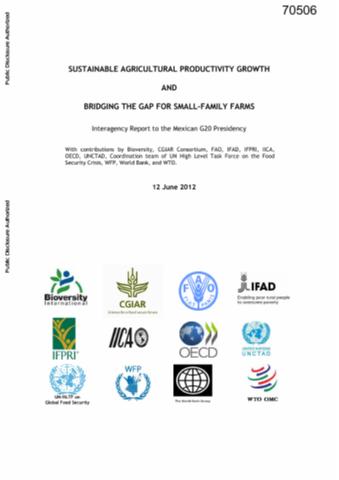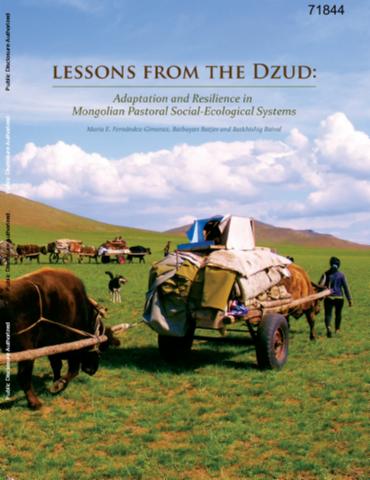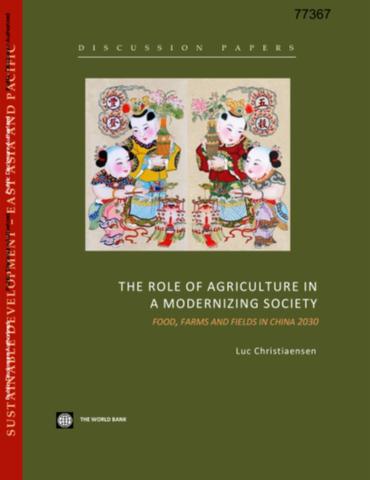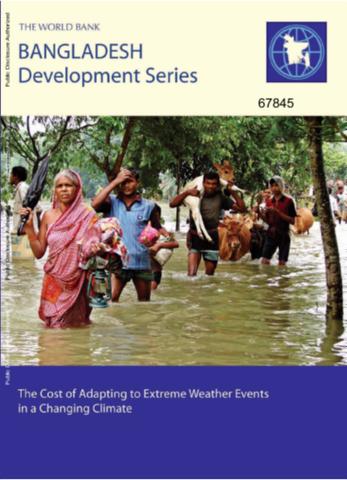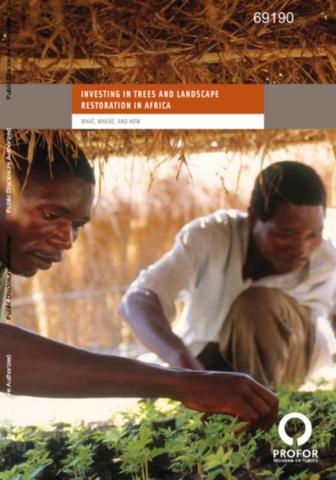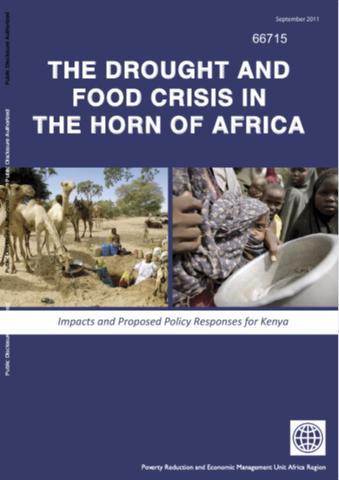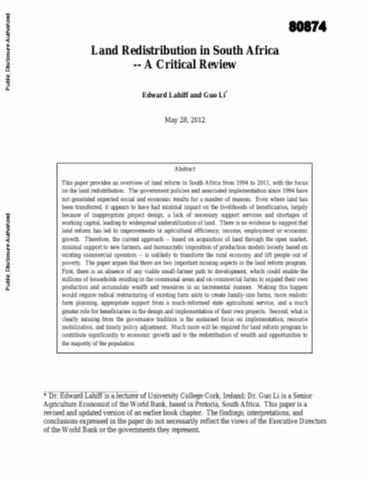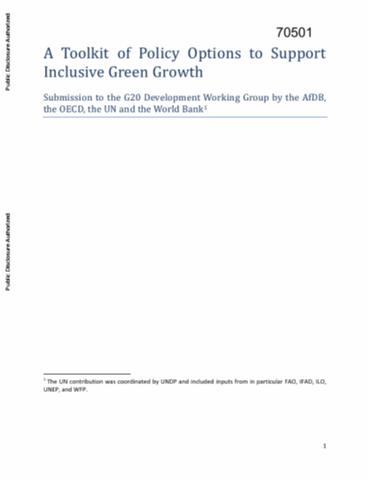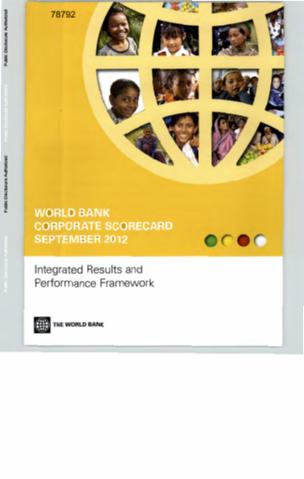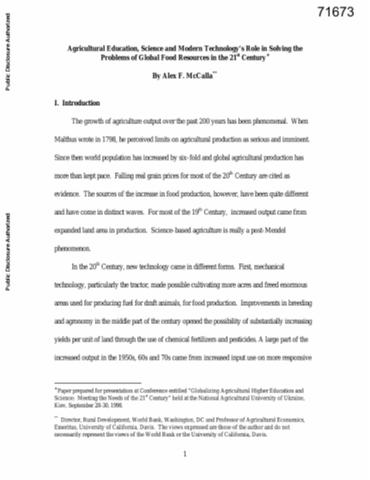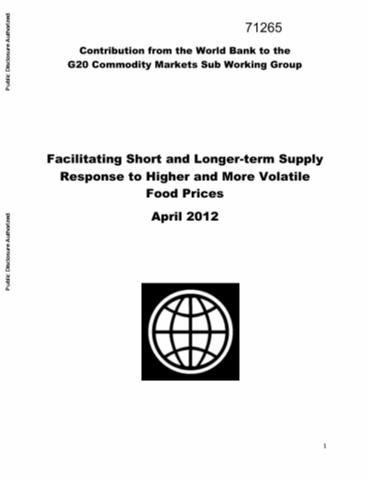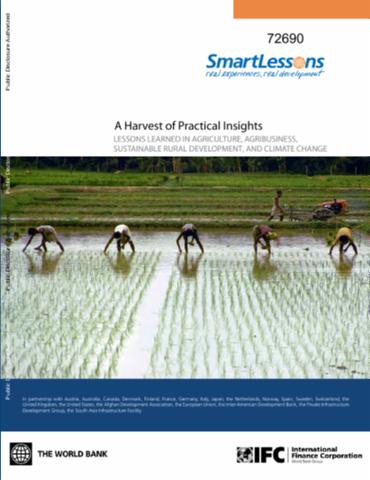Sustainable Agricultural Productivity Growth and Bridging the Gap for Small-Family Farms
Global agriculture will face multiple challenges over the coming decades. It must produce more food to feed an increasingly affluent and growing world population that will demand a more diverse diet, contribute to overall development and poverty alleviation in many developing countries, confront increased competition for alternative uses of finite land and water resources, adapt to climate change, and contribute to preserving biodiversity and restoring fragile ecosystems.

